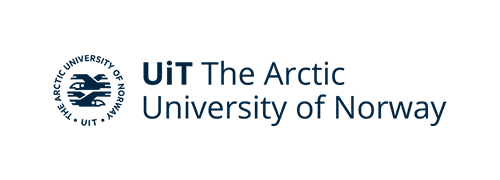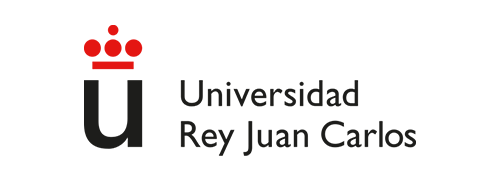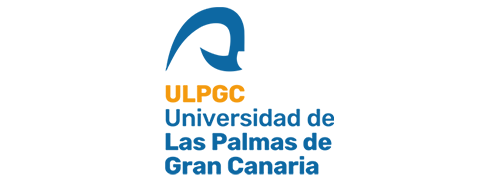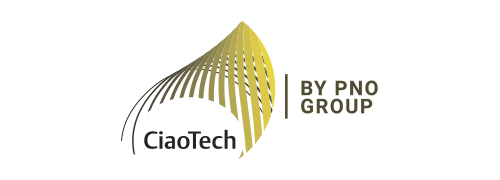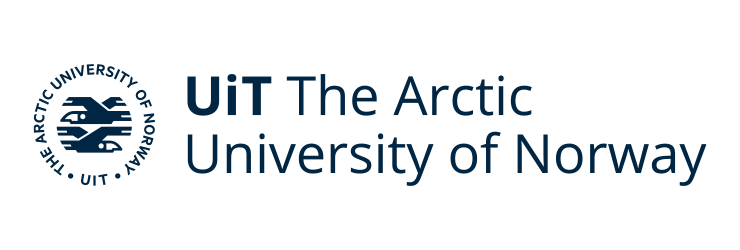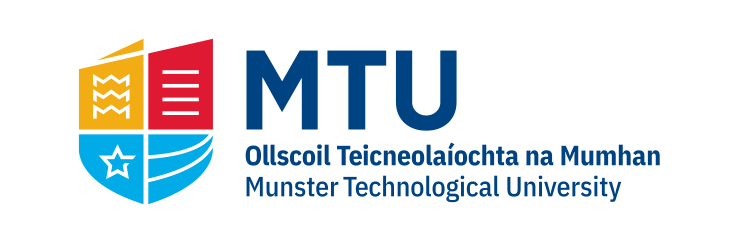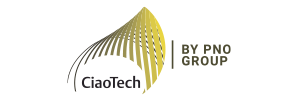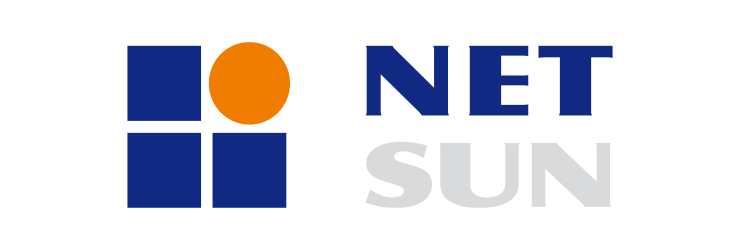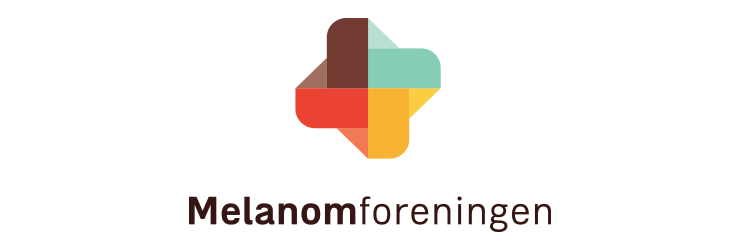WP1 - Project Management
The aim of this WP is to establish a project management structure capable of an appropriate reporting to the EU funding body; directing the scientific and technological tasks within the project; ensuring that project objectives are met on time and within the budget; exploiting the projects results; conducting quality assurance activities; coordinating project meetings and events; and performing necessary risk analyses. To obtain the above-mentioned objectives the WP is organised in five tasks.
WP2 - User and stakeholder needs
The Work Package aims to provide the blueprint for the development of the preventive WARIFA tool using Artificial Intelligence (AI), by: 1) mapping the roles and needs of stakeholders relevant for the project.; 2) mapping the risk factors for the selected focus areas for the investigated communities; 3) defining the required input and output variables for the AI tool development and 4) monitoring the process of AI tool development and validation from the perspective of concordance with stakeholders needs and community relevance. Seven tasks are included in this WP to reach the above-mentioned goals.
WP3 - Data acquisition and preparation
Within the six tasks of Work Package 3, the partners are focusing on data sources and implanting data acquisition functionalities by: 1) assessing relevant data sources based on the output from WP2; 2) establishing a procedure to acquire possible data sources that can be used in the WARIFA tool, 3) selecting a realistic and available set of data sources, and 4) designing and implement a user-friendly interface for the WARIFA tool for data acquisition.
WP4 - Data processing and machine learning algorithms
The scope of Work Package 4 is to: 1) define the input and output variables of AI algorithms, after data pre-processing and feature extraction stages; 2) Identify which existing risk calculators are best suited to process individual risk for the identified areas involved in the WARIFA system; 3) setup a model based on machine learning (ML) techniques which includes all relevant input and output variables and utilizes the risk calculators; and 4) Integrate the developed model in the WARIFA tool and system testing. To obtain the above-mentioned objectives the WP is organised in four tasks.
WP5 - Context awareness and simulation of big data
In the framework of WP5, the consortium will identify how information from WP4 can be used to describe usage patterns to extract context data. The contextualized information, based on pre-defined rules, will then be fed to the simulation algorithm to generate the optimum set of context data for WP6 - Bayesian belief networks and output of recommendations. Five tasks are included in this WP to reach the above-mentioned goals.
WP6 - Bayesian belief networks
WP6 is devoted to developing a subject personalized Bayesian belief hierarchical network of factors-variables, possibly dynamic, defined by means of local probabilities modelling causal effect between pairs of variables. The network can be used to identify some alternative action patterns to be suggested to the subject using WARIFA app in order to minimize the overall risk of the different pathologic conditions considered. The Work Package includes three tasks.
WP7 - Usability, personalisation and validation
In WP7 - Usability, personalisation and validation, the partners will ensure that the work performed within other WPs is translated to relevant, comprehensible, evidence-based recommendations and adapted to the needs and preferences of the end-users. End-users and other key stakeholders will be invited to participate with individual input and feedback and with group discussion (focus groups). This information will be summarized and shared with the AI teams (WP2-6), to be taken into consideration in the design of the WARIFA solutions. Furthermore, once an advanced version of the WARIFA solution is available, it will be tested by end-users and other key stakeholders not previously involved in the co-creation process. To obtain the above-mentioned objectives the WP is organised in three tasks.
WP8 - Communication, dissemination and exploitation including policy recommendations
The main objectives pursued by the WP are to assess the expected impacts of the project at European level in relation to the emerging trends of personalised early risk prediction, prevention and intervention sector, setting up an exploitation process of the project results in line with the specificity of the consortium members, and to communicate and disseminate the project outcomes in Europe through the website, social media, the media & press, as well as event participation and organisation (tasks 8.1-3). Finally, a policy recommendation will be developed to inform the decision makers and the authorities of the policy options emerging from the WARIFA project (task 8.4).


